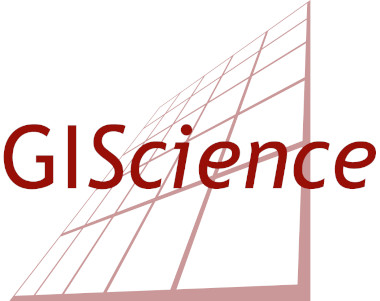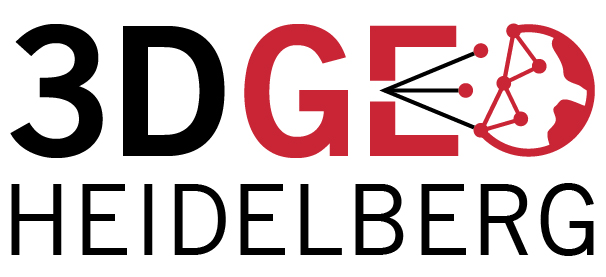Parallel to the advent of Web 2.0 technologies, volunteered geographic information (VGI) has emerged as a novel form of user-generated content, which involves both active forms of contribution such as online mapping or the explicit georeferencing of various media as well as the passive collection of data via the user’s location-enabled smartphone. Due to an abundance of corresponding VGI platforms and Location Based Social Networks (LBSN), there are now massive datasets, which are freely available and have the potential to complement, update or even replace data obtained from traditional sources such as commercial vendors, public authorities or mapping agencies. However, due to inherent characteristics of VGI, which mostly result from a lack of formal specifications, exploiting its full potential is still challenging and in need of issues such as quality assessment, data integration or standardization to be addressed.
Active research is ongoing that addresses many of these issues including initiatives such as COST Action networks TD1202 (Mapping and Citizen Sensor) and IC1203 (ENERGIC), which bring together researchers across the EU to address many pressing issues related to VGI. The European Citizen Science Association (ECSA) and its counterpart in the USA (Citizen Science Association) are also strong alliances of public and private organizations involved in research of relevance to VGI, among many others in a growing field of interest.
A Special Issue in the ISPRS International Journal of Geo-Information is dedicated to explore current trends with regards to the technological, methodological, conceptual and social dimensions of VGI. We call for original papers, equally from both within the COST Actions, citizen science associations and from researchers around the world, which focus on all topics involving the collection, processing, analysis and general use of VGI.
Special Issue Editors
Prof. Dr. Alexander Zipf (GIScience Heidelberg)
Mr. David Jonietz (GIScience Heidelberg)
Dr. Vyron Antoniou (Hellenic Army Academy)
Dr. Linda See (IIASA Austria)



